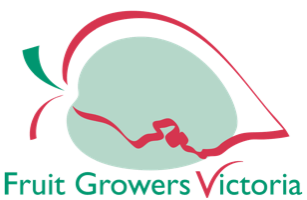Grow your Own! Edible & Fruiting Selections
There is something about a social challenge that makes us all review our lifestyle going forward. Being somewhat closer to nature and self-sufficient is a nice feeling. While not a big part of what we do, our advanced edible and fruiting trees offer a ready-made solution.

With seedlings and herbs so attractive at the moment from a grow-your-own perspective, we would like to draw your attention to our range of advanced fruiting and edible trees. Our edible trees also include selections that provide a culinary flavour to cooking.
Of the fruiting varieties - apple, plum, pear, apricot, olive, feijoa, nectarine and fig - being advanced and supplied in 40cm or 50cm containers, you should expect fruit this season.
- Fig, apples and pears will have autumn fruit - if the birds haven't eaten them already!
- Expect feijoa late autumn, apricots mid-December, nectarines and plums around mid Feb
- Olives - from mid-spring to early summer
- Of course, every garden should have a Bay Tree!
A history of what we have grown is here, with some favourites in stock and ready to sell, listed below.
Receive all the latest news, product information, collections, projects, tips and special offers straight to your inbox each month or so.
Receive all the latest news, product information, collections, projects, tips and special offers straight to your inbox each month or so.
Find a Tree
With more than 400 trees in our library we can help you find the perfect tree for your next project.
Ask a question
We're here to help if you need any advice on selecting the perfect tree for your next project.
Newsletter
Receive all the latest news, product information, collections, projects, tips and special offers straight to your inbox each month or so.
Treefinder can help you identify the perfect tree for your next project!
With over 400 tree varieties for review, the Treefinder app enables you to conveniently browse and compile a list of trees suitable for a number of common landscaping uses - from attracting birds to creating a formal screen or hedge. By selecting desired size, foliage, and a few categories, Treefinder opens up a world of possibilities.
Once you've found the perfect tree you can click through to our website for more information, availability and a quote.

We are specialists in the environmentally sustainable production of premium quality advanced landscaping trees and screens.
For more than 48 years Speciality Trees has been a leader in the production and supply of advanced environmentally sustainable, containerised landscape trees for local government, the landscaping industry and retailers.
Learn more



























